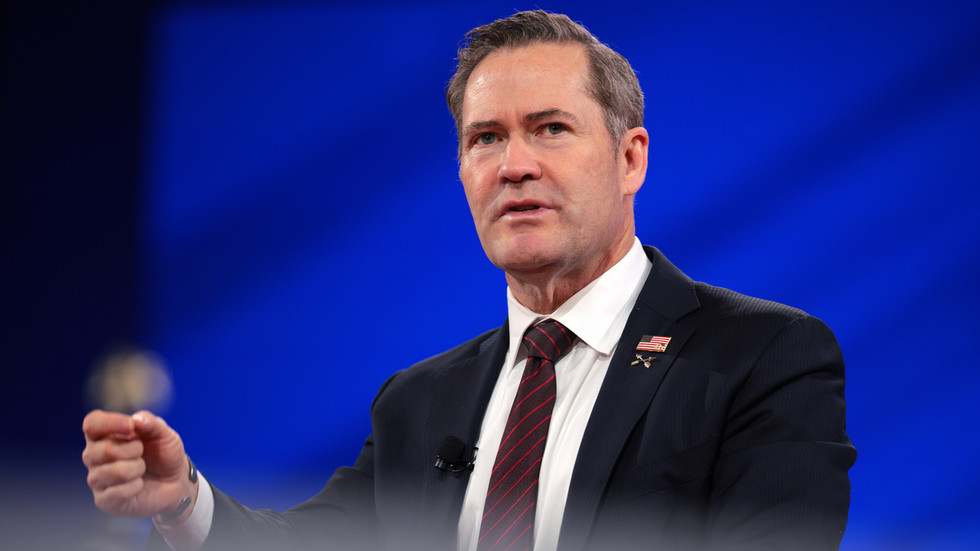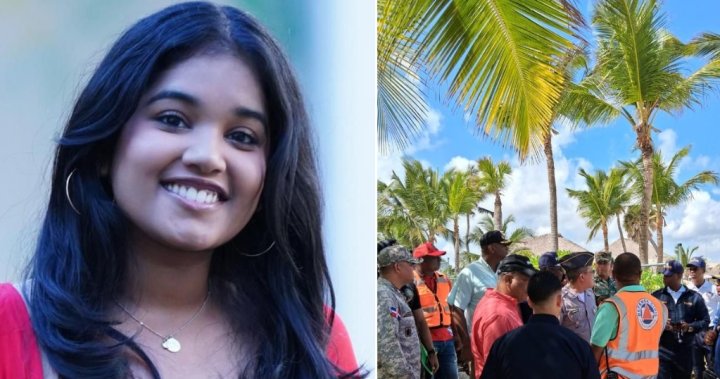Lukhanyo Calata was 3 years old when his father’s body was found. He says he was too young to remember his dad, and only recalls his funeral.
“I remember seeing what I grew up calling ‘the red box’,” he said, referring to his father’s coffin.
“I remember seeing it being lowered into the ground, and I knew that my father was in there. What I didn't know at the time was that I would have to grow up without him,” said the 43-year-old.
Fort Calata was an anti-Apartheid activist from the town of Cradock in the Eastern Cape. He was raised by his grandfather, the secretary general of the African National Congress (ANC), who instilled in him the fight for civil rights.
As Calata grew into a young man, his activism gained traction in Cradock and he became a target of the state’s security apparatus.
On June 27, 1985, Calata and his comrades Matthew Goniwe, Sparrow Mkonto and Sicelo Mhlauli drove to Port Elizabeth for a United Democratic Front meeting. But they never returned.
Their desecrated corpses were found burned, with signs of torture. They would become known as the Cradock Four.
“They had pulled my father’s tongue out of his mouth,” Calata said. “And they had cut off his ring finger. I don’t know why.”

The Truth and Reconciliation Commission (TRC) was established after the fall of Apartheid to investigate human rights violations and atrocities. Suspects were given the opportunity to confess and ask for amnesty, although the commission sometimes recommended the prosecutions to go forward anyway.
The suspected killers of the Cradock Four asked for amnesty but were denied.
The TRC handed its recommendations to the ANC government in 1998. But none of the suspects were ever prosecuted, and they have all since died.
Calata is leading a group of 25 relatives suing the South African state for damages for its failure to prosecute in accordance with the recommendations of the TRC. They are seeking US$9 million and the establishment of an independent body to investigate whether there was political interference in pursuing the cases.
Vusi Pikoli, a former head of the National Prosecuting Authority, testified in 2015 that there was political interference by the government of Thabo Mbeki.
Pikoli said fears that members of Mbeki's African National Congress party were also at risk of prosecution led the government not to pursue all relevant investigations.
'Ground zero'
The Foundation for Human Rights in Johannesburg is helping the victims with their application for constitutional damages. Executive Director Zaid Kimmie said the Cradock Four case was “ground zero” for South Africa’s transition to democracy, and that judicial inaction had created a culture of “impunity”.
The TRC recommended about 300 suspects be investigated and prosecuted, but the vast majority were not, which has become a major source of criticism of the South African government.
Dr Kimmie said this has had a lasting effect. Once the decision was made to not prosecute Apartheid-era crimes, South Africa developed a culture where powerful people “reasonably believe they won’t get prosecuted”.
“The constitutional damages case will demonstrate that no matter the passage of time, there’s always a reasonable possibility that someone’s going to come calling and ask exactly what you did and why you did it,” Kimmie said. “And you’ll have to take accountability for your actions.”
Separately, Calata and the families of the Cradock Four sued the National Prosecuting Authority and the South African police in 2021. But the inquiry was delayed because the suspects had difficulty acquiring legal fees.
The inquiry was again postponed from September 2024 to June 2025.
Nomonde Calata, Fort’s widow, has been seeking closure for four decades. She visited parliament in February calling for action to be taken on her never ending wait for a trial.
“I admire the people who have the chance to say goodbye to their loved ones,” she said. “But I didn’t, and I’m still longing to have that.”
Meanwhile, the years are rolling by and the Calata family is still without justice.
There has been one sign of progress for victims of Apartheid-era crimes. The state attorney filed its opposition to the application for constitutional damages in February, which would have added years of litigation. But two weeks later, South African President Cyril Ramaphosa ended the state’s opposition, saying that the families “deserve closure”.
The presidency has decided instead to refer the case to mediation, a spokesperson for Ramaphosa said in a statement.
"The president deeply appreciates the pain that the families have gone through for the many years that they've been seeking justice and closure on the killings of their loved ones."











 English (US) ·
English (US) ·